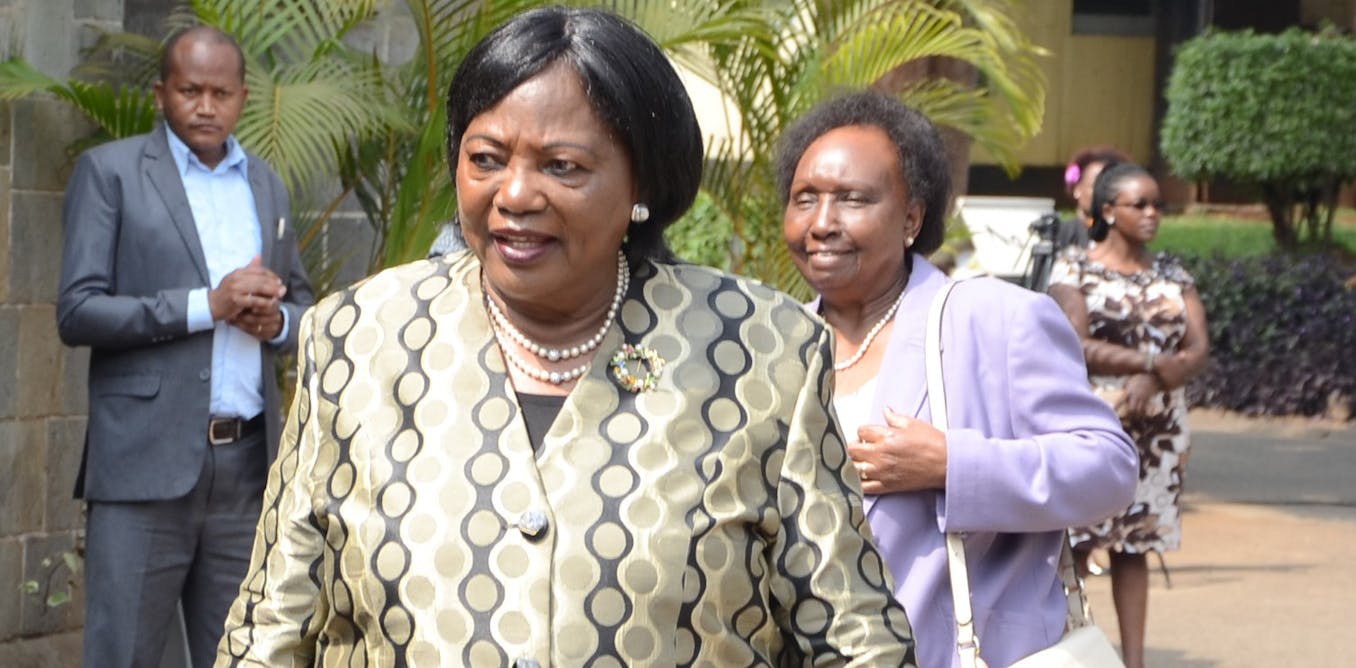Mama Ngina Kenyatta at 90: the quiet power behind Kenya's famous political family 

Few witnessed the building of the young Kenyan state from within as did Ngina Kenyatta, the widow of Kenya’s first president, Jomo Kenyatta. Mama Ngina, as she is known, will mark her 90th birthday on 24 June 2023. She was by her husband’s side when Kenya won independence 60 years ago and for many turbulent years thereafter. Although Kenyatta was polygamous, it was the younger Mama Ngina who took on the roles of first lady. Ngina married Jomo Kenyatta in 1952 at the age of 19. That year, Kenyatta was arrested and subsequently jailed on charges of masterminding the anti-colonial Mau Mau uprising. By then, he had spent years abroad (mainly in England), where he embraced anti-colonialist and Pan-African ideas. Back home he was elected president of Kenya African Union, before becoming the front figure of the Kenya African National Union (KANU), the party that would go on to lead Kenya to independence.
Continued here



